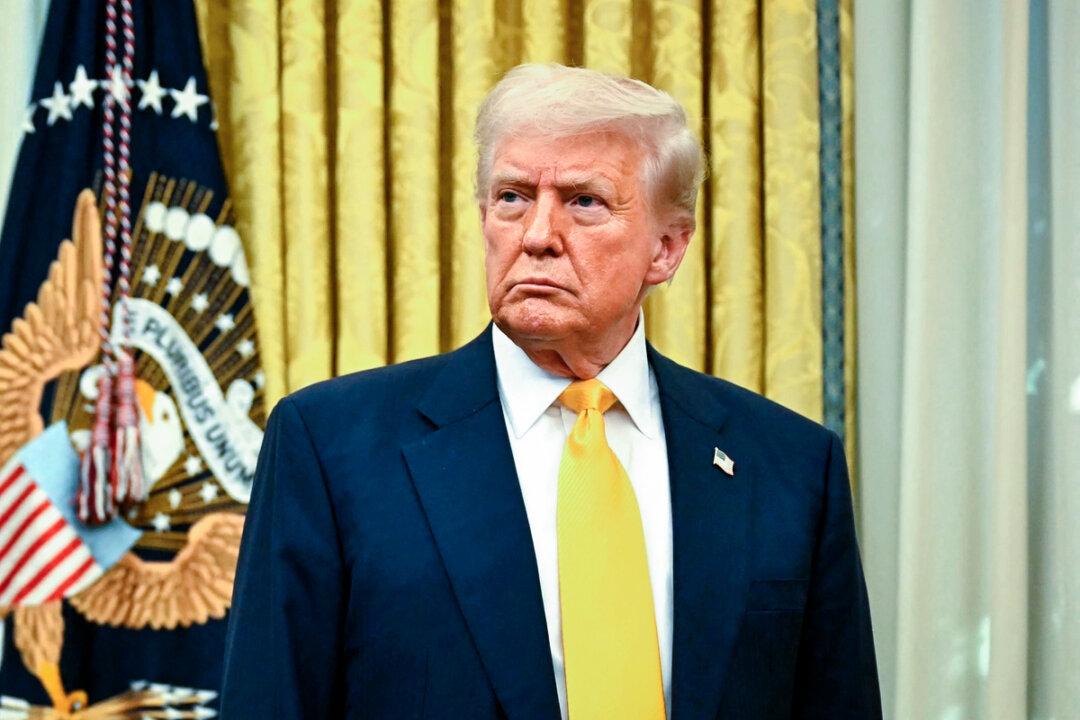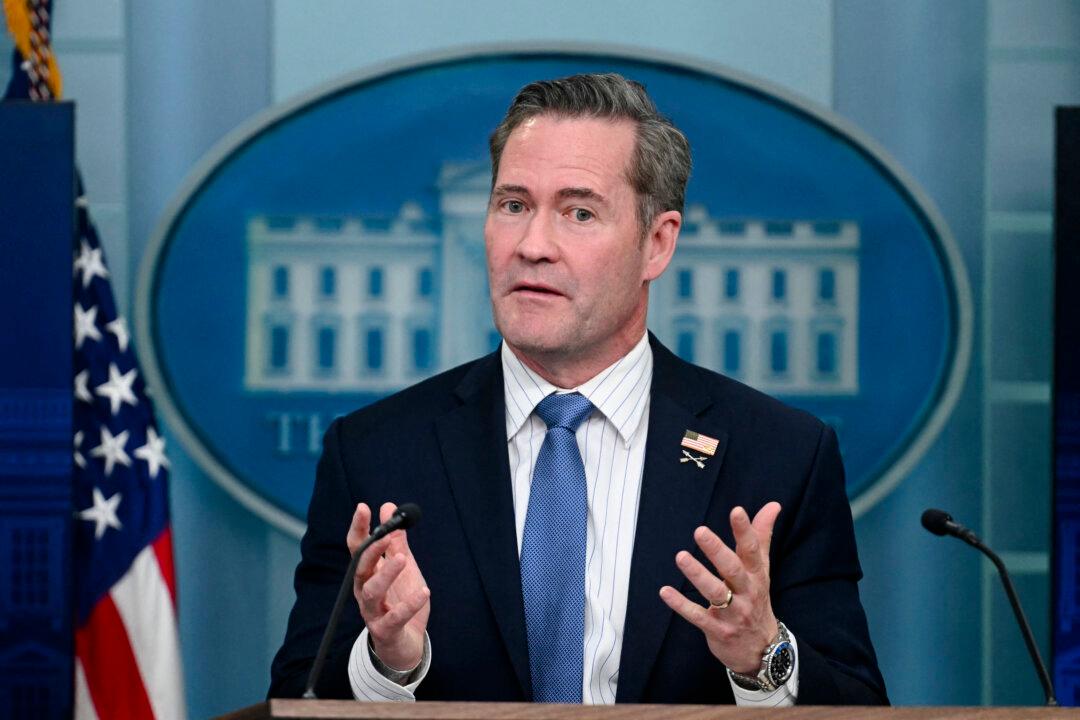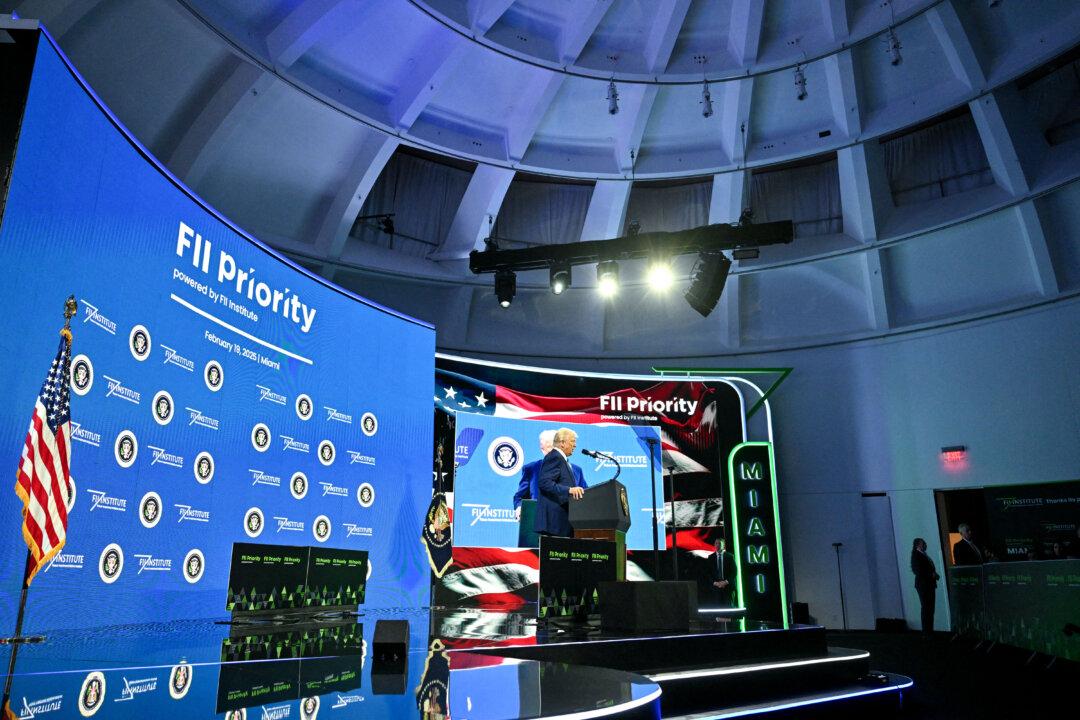WASHINGTON—President-elect Joe Biden is set to be sworn in on Jan. 20 amid unparalleled security measures and the pandemic lockdown, making it one of the most untraditional inaugurations in U.S. history.
Like many predecessors, Biden is going to be sworn in on the steps of the Capitol building. But the traditional parade down Pennsylvania Avenue, which normally draws hundreds of thousands of Americans, has been canceled, to be replaced by a virtual parade. Inaugural balls have been canceled as well.
The viewing stand near the White House has been dismantled, making this event likely the smallest inauguration in history, in terms of physical attendance. While a low turnout is expected, the event will be unusually tight in security and law enforcement.

This inauguration is unique in its own way, according to David Pietrusza, political historian, author, and expert on presidential electoral history.
In terms of people being so on edge, the flooding of troops and security into Washington, and the COVID-19 pandemic, “there’s no really great precedent for that,” he told The Epoch Times.
But there are different examples in history where things didn’t go like clockwork and weren’t uneventful, he said.
“Certainly the country was in worse shape and people were more on edge in 1861 with Lincoln. There’s no comparison to that,” Pietrusza said.
While security ahead of the Civil War was a big deal, measures that have been put in place this year in preparation for Biden’s inauguration also are unprecedented, he noted.
This is the first time an inauguration has been declared a National Special Security Event, not days before, but a full week before the actual event.

Authorities have taken aggressive measures in the city amid growing concerns that the civil unrest and violence observed on Jan. 6 may be repeated during inauguration week. As many as 25,000 National Guard members from all 50 states, three territories, and the District of Columbia will be stationed in the nation’s capital.
The security measures have brought the city to almost a complete halt. More than a dozen Metro stations around the National Mall and U.S. Capitol building were closed in the days before the inauguration; the streets of Washington are eerily empty.
Buses, streetcars, and other forms of public transportation, even bicycles, have been shut down. Most stores are closed, and many have been boarded up.

President Donald Trump said earlier that he wouldn’t attend the swearing-in ceremony of Biden. He made the announcement one day after Congress certified Biden as the winner of the 2020 election.
Trump won’t escort Biden in a motorcade to the Capitol, which is another break from tradition. However, it isn’t the first time a president has refused to attend the inauguration of his successor.
John Adams, the second president of the United States, left Washington before Jefferson’s inauguration in 1801.
The situation that year was very divided, and in some ways similar to 2021. Jefferson’s supporters characterized his opponent, Adams, as a lover of monarchy, while Adams’s supporters pictured Jefferson as a radical. Some say Adams didn’t attend Jefferson’s inauguration to prevent any violence at the event.

John Quincy Adams, the sixth U.S. president, left Washington a day before, declining to attend Andrew Jackson’s ceremony in 1829.
Other presidents who didn’t watch their successors take the oath of office were Martin Van Buren (1841) and Andrew Johnson (1869).
It’s “unfortunate” that Trump isn’t attending the ceremony, John Gizzi, Newsmax’s chief political columnist, told The Epoch Times.
“As someone who’s witnessed, not only the transfer of power, but the tradition of the incoming president paying tribute to the outgoing president, that is something that surely is going to be missing,” he said. “You miss not only the handoff, so to speak, but you also miss the tradition of graciousness.”
For more than 200 years, the tradition of inauguration parades, celebrations, and displays of patriotism have continued despite scattered protests, including at Trump’s 2017 inauguration.
“The pomp and pageantry are as American as you can get,” Gizzi said.

“Hearing the orchestras, seeing the president and vice president waving from the cars, sometimes getting out and marching with the crowd—all of that is something that’s so richly American to the point that it’s timeless. When that is removed, it takes a little bit of the mystique of the transition away,” he added.
This year’s inauguration, according to Gizzi, is most compared to the fourth and final inauguration of Franklin D. Roosevelt, who was sworn in on Jan. 20, 1945, at the White House on the portico overlooking the backyard.





